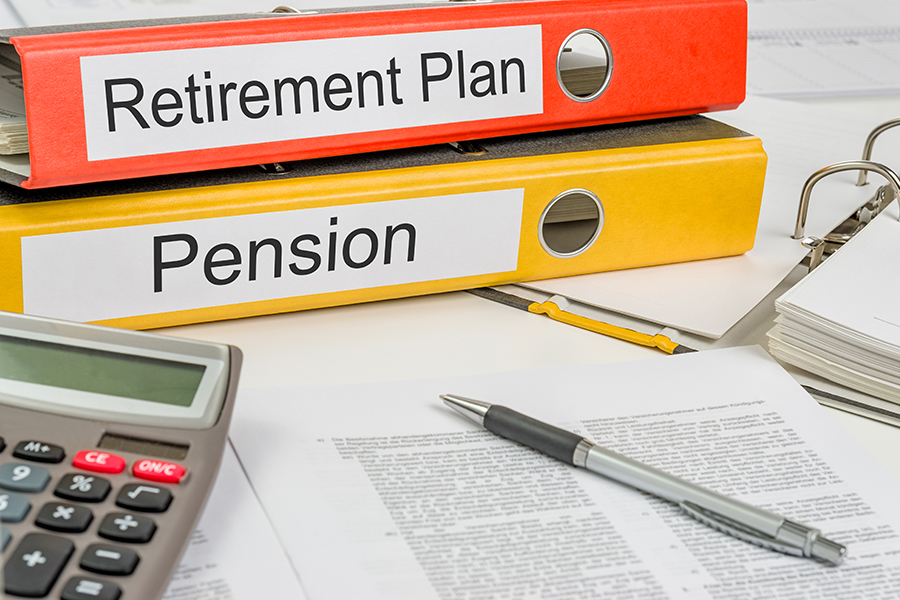Budget 2023: What the new pension rules mean for your retirement
In this year’s Spring Budget, the Chancellor has announced a significant increase in the amount of money that can be set aside in pensions tax-free each year, along with the scrapping of the cap on how much can be saved in pensions before an additional tax charge can be applied, known as the lifetime allowance.
The Chancellor, Jeremy Hunt, has announced the changes to pensions in an attempt to tackle the “pension trap”, which has led many professionals including NHS consultants and GPs to take early retirement.
Richard Eagling, pensions expert at NerdWallet, has explained what this change means for your pensions, along with some tips to prepare for a comfortable retirement.
“Increasing the annual allowance for pensions from £40,000 to £60,000 a year and abolishing the lifetime allowance (currently set at £1,073,100), means that individuals will be able to save more into their pensions without being taxed. This is particularly beneficial for those who have high incomes or who have been contributing to their pensions for many years.
“The pension annual allowance is the maximum amount of money that a person can put into their pension scheme each year, without incurring a tax charge. By increasing this allowance from £40,000 to £60,000, the government is allowing individuals to save more money in their pensions tax-free.
“In addition, the government has abolished the much maligned lifetime allowance. Previously, if an individual’s pension savings exceeded the lifetime allowance, they would have to pay a tax charge on the excess amount. By removing this cap, the government is giving people more flexibility to save as much as they need for retirement.
“Overall, these changes to the pension rules are aimed at encouraging individuals to save more for their retirement and stay in work for longer, as it will be significantly beneficial to those with a large pension pot.”
In light of this, Richard has provided some tips to help individuals get on track to plan and prepare for a more comfortable and enjoyable retirement:
1. Set up a private pension
Most people will retire with their State Pension but you should, where possible, look to save into at least one form of private pension, such as a workplace scheme, personal pension or Self-Invested Personal Pension (SIPP).
Most workplace schemes are a pot of money that invests in the stock market and other financial assets with the aim of growing it over the years. Anyone aged 22 or over who earns at least £10,000 per year should automatically be signed up to a workplace pension, unless they choose to opt out.
A private pension is a type of pension that you open and pay into yourself to save for your own retirement. These may give you more control over your retirement savings, particularly SIPPs which may offer a greater range of investments.
2. Trace old pensions
Make sure you track down all the different pension schemes you’ve paid into over your working life, to be sure you’re claiming everything you’re entitled to in retirement.
It’s difficult to keep track of a pension, especially if you’ve worked for multiple employers throughout your career or have been involved in more than one pension scheme. The sooner you trace your previous schemes, the better.
There are numerous ways to track down old pensions such as contacting the pension provider, contacting your employer or previous employer, or using the Pension Tracing Service.
3. Check if you’re eligible for any benefits
Pension credit, which is a tax-free benefit for those over state pension age on a low income, is often overlooked, so check whether you could qualify for it. There are a range of other benefits available in later life including Winter Fuel Payment and more.
Each year up to £3.5bn of benefits go unclaimed by older people in the UK, so it’s worth checking whether you’re eligible for anything, even if you think you’re getting everything you are entitled to.
4. Cut household costs
Cutting household costs is a really efficient way to save extra money ahead of your retirement. Check that you aren’t paying too much for your utilities or council tax, and reduce travel costs by making use of the free bus pass that you can get when you hit the state retirement age (this age is lower if you live in London or Wales).
5. Make extra money from hobbies and clutter
Many of us are guilty of holding onto unwanted or unused items in our wardrobes, bookshelves, cupboards, attics, or garages, but instead of disposing of these items, there’s an opportunity to try and make some money from them through second-hand sellers or car boot sales.
Additionally, a lot of hobbies, or ‘side hustles’, have the additional benefit of bringing in some extra income such as painting, sewing, knitting/crocheting, cooking, gardening, writing, and even social media content creation.






















